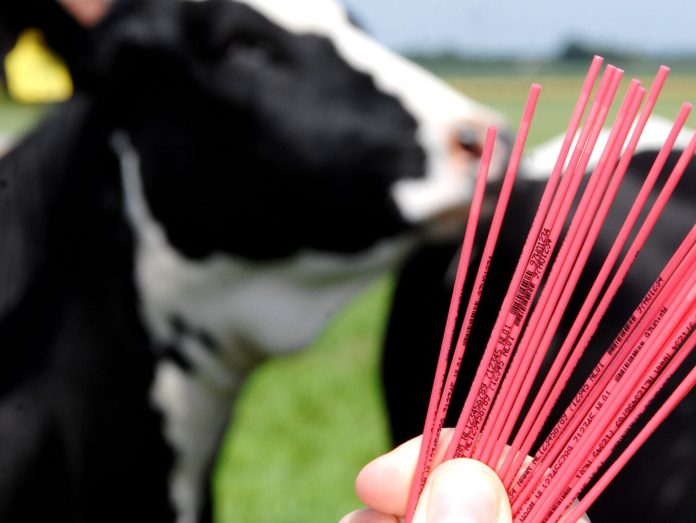Deputy Minister of Agriculture Namal Karunaratne says that, instead of importing live cattle from foreign countries, the government will import high-quality bovine semen to develop Sri Lanka’s livestock sector.
Speaking at a media briefing to launch the National Livestock Plan, the Deputy Minister stated that the previous government initiative to import cattle from Australia had failed, prompting a change in strategy.
Namal Karunaratne explained that importing sexed bovine semen — semen sorted by gender — would help reduce the outflow of foreign exchange and enable the local production of cattle suited to Sri Lankan conditions.
“To provide quality animals, we have already implemented a structured programme. Especially through the importation of sexed semen, our department has drawn up a plan to produce over 15,000 improved cattle within the country,” Namal Karunaratne said.
However, speaking to BBC Sinhala, a veterinary officer from the artificial insemination centre in Kandy also confirmed that the importation of bovine semen is already taking place.
“There is an artificial insemination centre in Kundasale, Kandy, where semen is collected from high-quality bulls. In addition to locally produced semen, we also occasionally import semen from selected cattle abroad. Good-quality local bulls are also used to produce and distribute semen across Sri Lanka,” he said.
He further explained, “Sri Lanka is a small country, and to ensure genetic diversity, we need to introduce semen from bulls with strong genetics. This is not a new process — it’s something we’ve been doing for a long time.”
According to the veterinarian, Sri Lanka imports bovine semen from countries such as the United States, United Kingdom, Australia, Brazil, India, and Pakistan. However, due to the high cost, the imported quantity remains limited.




